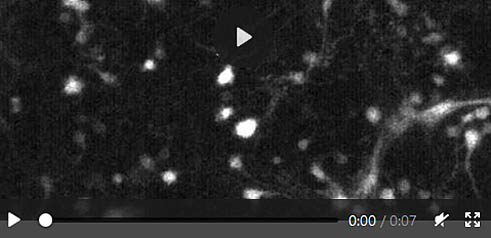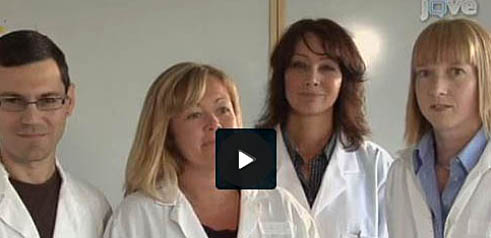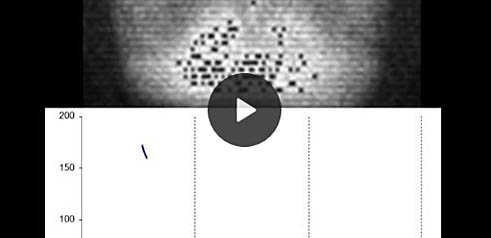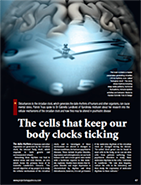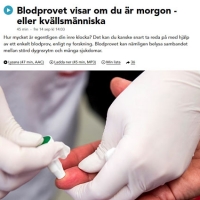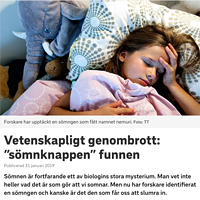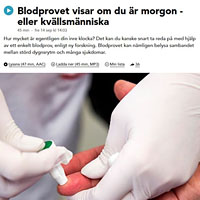Circadian rhythms in health and disease
Human physiology and behavior undergo daily (circadian = 24 hr) rhythms that are generated by an internal “body clock” in the brain, the hypothalamic suprachiasmatic nuclei (SCN). Rhythms, such as the sleep-wake pattern, hormonal daily fluctuations and the immune system activity, may become disturbed by internal or external factors, for instance in “jet lag”, which occurs after rapid traveling across time zones. Disturbed rhythms are also common in certain psychiatric disorders, neurodegenerative diseases, infectious diseases and aging. The body copes with and adapts to short term disturbances in the circadian system. However, long term alterations in the rhythm machinery are associated with severe disturbances in the sleep pattern and may in the long run have severe consequences on the health status. For instance, certain cancer types are significantly associated with and accelerated by long term shift work, which causes chronic disruption of the biological clock function. Chronic sleep and rhythm distrubances also signifcanly increase the risk for depression, diabetes amd cardiovascular diseases. Deciphering all components in the circadian machinery is a prerequisite for developing new therapeutic strategies to treat circadian rhythm disorders, and to bridge circadian research to the clinics.
Circadian rhythms
All living organisms have a daily time-keeping system, a co-called circadian clock. The clock generates daily rhythms in sleep-wakefulness, hormonal fluctuations and immune functions. Disturbances in the clock system can cause health problems.
Clock Blog
Contact me

It is time to take time seriously
Watching the molecular clock "live"
Yes, in fact it is! By tagging a so-called glock gene or a clock gene protein to a visible marker, one can watch the gene or protein activity in real time.
The cells that keep our body clocks ticking
The brain contains a master pacemaker generating circadian (∼24 hr) rhythms, a so- called ”biological clock”. The clock drives rhythms including sleep-wake patterns, hormonal fluctuations, immune system activities and behavior.
→ Read more



